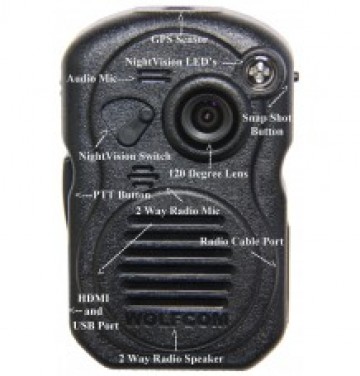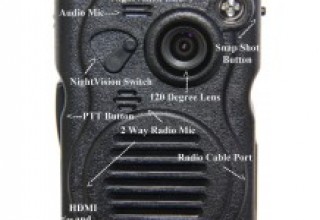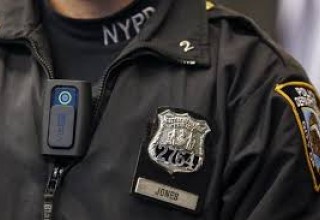Body Cameras - Strengthening Police Community Bonding
Detail version of the report is expected to release in April,2015 and body cameras feature as one of the top recommendations in the report.

Maryland 20707, March 13, 2015 (Newswire.com) - In December, 2014, US President Barack Obama requested the Congress to sanction $263m for body cameras , apart from improving police training, in an effort to restore trust betweenlaw enforcement bodies and the public. Further to theannouncement and the creation of a new task force headed by Philadelphia Police Commissioner, Charles H Ramsey and former Office of Justice Programs AG, Laurie Robinson, a draft report on ‘21st Century Policing’ was released on March 1, 2015. Detail version of the report is expected to release in April,2015 and police body cameras feature as one of the top recommendations in the report.
A body camera is almost the size of a paging device that can be clipped to the front side of a uniform. It can workas an evidence of police and civilian encounters in dubiousoccurrences. Advocates of body cameras say that such an equipmentis the key factor in lowering use of force by police officials. It is also seen that officers and civilians behave better when they are aware that their activities are being recorded.
In a recent Cambridge University study, the police department in Rialto, California, documented an 89 percent decline in the number of complaints over a twelve month period against officers who were wearing body cameras. This phenomenon has been observed not only in the U.S. but also in England, Australia and Brazil.
In reference to the ‘21st Century Policing’ report which stresses on the use of body cameras, Major Police Supply (MPS) has augmentedits inventory to meet an ever increasing demand. With an ability to record video in true HD 1080P, 3rd Eye body cameras marketed by MPS is the highest video quality recorder in the market today with a ‘one touch recording’ functionality.
In eight of the 10 largest metropolitan areas in the U.S., including New York and Los Angeles, there are extensive plans to use body cameras. To initiate such a massive venture, financial costs must be reviewed. Privacy concerns of all individuals who are recorded during the incident - police officials, suspects, and bystanders and preservation period of the recorded video should also be considered. These videos can also be used for training police officers also.
Roy Austin, a White House adviser on Justice and Urban Affairs Issues commented “We support the use of cameras and video technology by law enforcement officers and the Department of Justice continues to research best practices for implementation, “.



